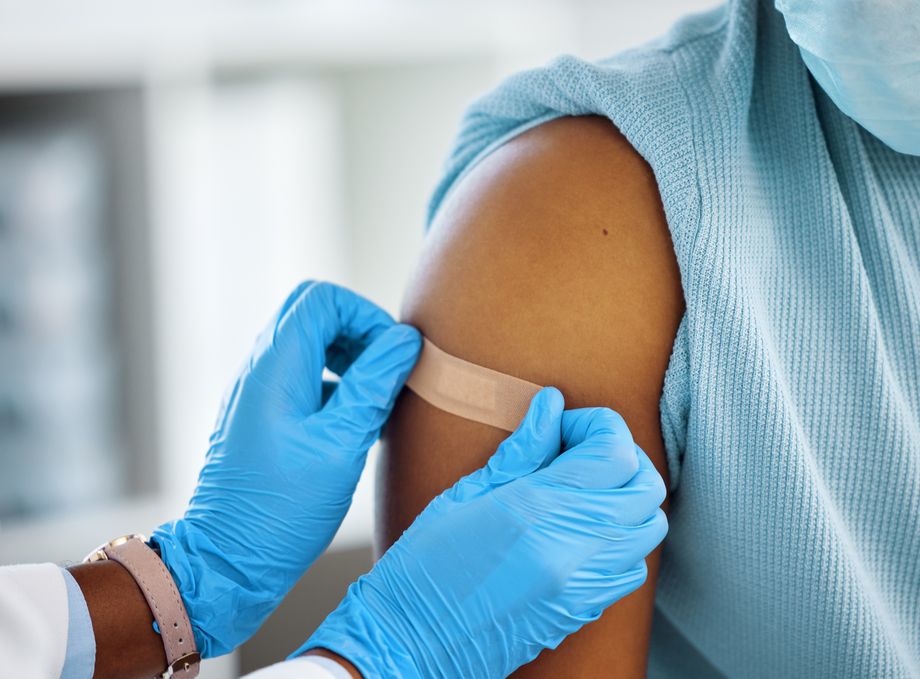Scientists analysed menstrual cycles to find that period can be temporarily, harmlessly changed – by taking two mRNA vaccines during the same cycle
. People have been agitating stories about COVID vaccines and their ages for a long time. On Twitter, druggies regularly state their opinions about a link between the vaccine and their menstrual cycle. Some lament that it is n’t delved as a health precedence. For others, the lack of information can lead to vaccine hesitancy. In general, there’s a sense that this riddle of contemporary health has been neglected due to misogynistic decision- making in exploration.
Dr Laura Payne, director of McLean Hospital and not involved in this study, said “ In numerous areas of health exploration, we do n’t frequently study the menstrual cycle. We do n’t admit the implicit part that hormonal changes reproductive- age women go through could have on issues.”
mRNA vaccines change cycle by one day
A new study focuses on figuring out some trueness about vaccination and period, using menstrual cycle data generated by individualities.
The authors, seesawing to wide stories on the vaccination- period link, said “ Tone- reports are useful for fleetly relating implicit signals or rare adverse events, but they’re limited by significant confounding and reporting impulses.”
The exploration, published in Obstetrics & Gynecology, finds that actors had a cycle length can change by only 1 day. This supposedly happens only to those who are vaccinated with two mRNA boluses, similar as Pfizer or Moderna, within one of their cycles.
This change didn’t increase length of period itself. So for case, if your period was typically for four or seven days, it would remain four or seven days. But you might witness a longer cycle around it, meaning that it would be latterly than normal.
Can vaccines permanently change menstrual cycles?
Grounded on the data in this study, no.
The possible change is a menstrual detention of one day.
Since period cycles are hormonal, stress endured by individualities can change a cycle. Loss or anxiety can be enough to change period dates.
So, the experimenters plant a more significant period cycle change of eight days – in just4.3 of unvaccinated and5.2 of vaccinated people. The difference of1.1 isn’t allowed to seriously mean anything, or indicate any overall trend in population experience ofpost-vaccine period. This group of eight- day changers proceeded their normal timeframes within another two cycles.
With that in mind, the platoon want to do further exploration. They were suitable to answer one question, but more remain – similar as the impact of COVID infection on menstrual cycles.
Can mRNA vaccines harm fertility?
The substantiation points to no.
Still, they can temporarily acclimate the timeframe for the hypothalamic-pituitary-ovarian axis – also known as the delicate balance of hormones that allow the mortal body to produce filling for the womb and expel it, formerly a month, If the two boluses of mRNA vaccines are “ timed rightly”.
In their write-up, the authors point out that COVID-19 has ruinous goods on the same processes. They say that infection with the contagion “ could be disastrous to hypothalamic-pituitary-ovarian axis function, occasionally permanently.”

